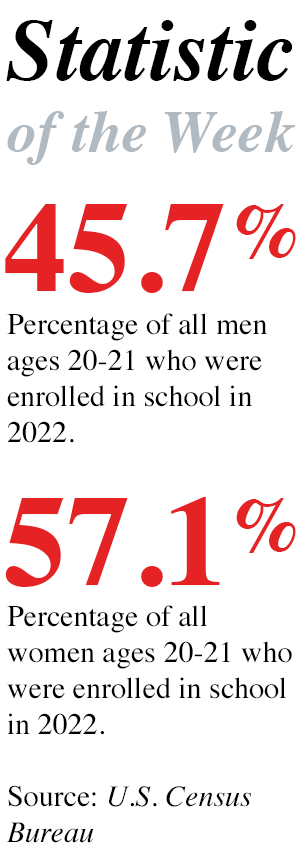Would Paid Paternity Leave Achieve More Progressive Views on Gender Equality?
Posted on May 24, 2023 | Comments 0
 Experts have long argued that paid paternity leave has the potential to change societal expectations around parenting and help close the gender pay gap. New research from Washington University in St. Louis is among the first to provide concrete evidence that such policy reform can lead to more gender-equal attitudes — especially among those directly impacted by the policy.
Experts have long argued that paid paternity leave has the potential to change societal expectations around parenting and help close the gender pay gap. New research from Washington University in St. Louis is among the first to provide concrete evidence that such policy reform can lead to more gender-equal attitudes — especially among those directly impacted by the policy.
“Gender norms and biases are hard to overcome because they are so deeply ingrained in our society,” said Margit Tavits, the Dr. William Taussig Professor in Arts & Sciences at Washington University and first author of the study. “Extending caregiver leave for fathers, however, has the power to decrease gender biases because it disrupts traditional gender roles and promotes less stereotypical ones.”
In Estonia, a new parental leave policy extended fathers’ leave threefold for children born on or after July 1, 2020. It had a measurable effect. New parents were significantly more likely to express support for gender equality in the social and economic spheres than those who had children before the policy took effect.
“Our results show that direct exposure to progressive social policy can weaken sexist attitudes, providing governments with a practical and effective tool to reduce harmful biases,” Dr. Tavits said.
“The intervention that we study amounts to a disruption of traditional gender roles. Its sizeable effect implies that other policy interventions that broaden gender roles may also move attitudes in a more gender-equitable direction,” the authors conclude.
The full study, “Fathers’ Leave Reduces Sexist Attitudes,” was published on the website of the American Political Science Review. It is available here.
Filed Under: Research/Study








